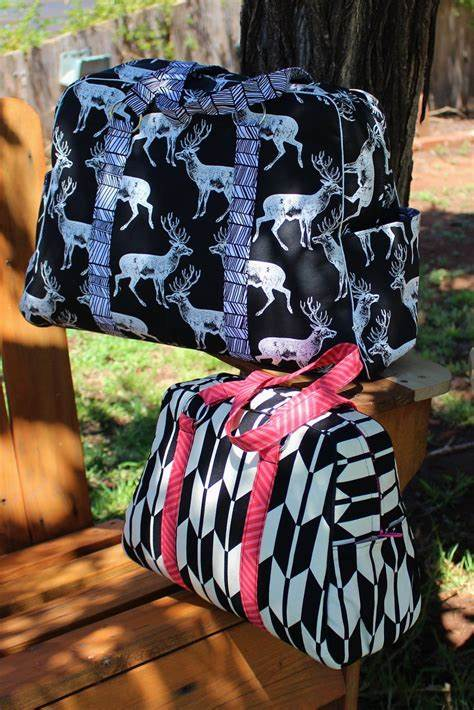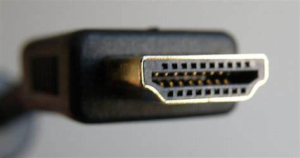Luggage tags are small, often overlooked travel essentials that play a crucial role in ensuring your belongings reach their destination safely.
A luggage tag is a label attached to baggage that displays the owner’s contact information. Its primary purpose is to identify the luggage and facilitate its return if misplaced during transit. Beyond functionality, luggage tags can also serve as decorative accessories, reflecting the traveler’s personality and style
Types of Luggage Tags:
Basic Luggage Tags: These are simple tags made of plastic, leather, or fabric, with spaces to write your contact information.
RFID Luggage Tags: These tags incorporate Radio-Frequency Identification (RFID) technology, allowing for easy scanning and tracking of your luggage.
GPS Luggage Tags: These advanced tags include GPS tracking capabilities, allowing you to track the location of your luggage in real-time.
Personalized Luggage Tags: These tags can be customized with your name, initials, or even a photo, making them more unique and visually appealing.
History of Luggage Tags
The concept of luggage tags dates back to the 19th century. The first “separable coupon ticket” was patented by John Michael Lyons of Moncton, New Brunswick, on June 5, 1882. This ticket showed the issuing station, destination, and a consecutive number for reference. The lower half was given to the passenger, while the upper half, with a hole at the top, was inserted into a brass sleeve and then attached to the baggage by a strap.
Tips for Choosing and Using Luggage Tags:
Choose durable materials: Opt for luggage tags made from durable materials such as leather, metal, or sturdy plastic that can withstand the rigors of travel.
Write clearly and legibly: Ensure your contact information is clearly written or printed on the tag. Use a permanent marker or a label maker for best results.
Consider a backup: Carry a spare luggage tag in your carry-on bag as a backup.
Use a luggage tag cover: Protect your luggage tag from the elements and wear and tear by using a protective cover.
Attach securely: Make sure the luggage tag is securely attached to your bag using the provided strap or loop.
Consider adding a tracking device: For added peace of mind, consider using a luggage tracker with GPS capabilities.
Beyond Identification:
Personalization: Luggage tags can be a stylish travel accessory. Choose tags that reflect your personal style and add a touch of individuality to your luggage.
Souvenirs: Collect luggage tags from different destinations as souvenirs of your travels
Over time, reinforced paper tags were introduced, designed to withstand the rigors of travel better than their predecessors. The Warsaw Convention of 1929 further standardized the use of baggage checks, establishing criteria for issuing luggage tickets and setting liability limits for checked baggage.
Importance of Luggage Tags
Luggage tags play a crucial role in modern travel:
Identification: They help travelers quickly identify their bags among many similar-looking ones, reducing the chances of someone else mistakenly taking your luggage.
Recovery: In cases where luggage is lost or delayed, tags provide essential contact information, facilitating a swift return.
Security: Proper tagging can prevent theft, as clearly labeled bags are less attractive to potential thieves.
Personalization: Unique tags can add a personal touch to your luggage, making it stand out and reflecting your style.
Information to Include on a Luggage Tag
When filling out a luggage tag, it’s essential to balance providing enough information for identification without compromising privacy:
Full Name: Ensure your name matches the one on your travel documents.
Contact Number: Include a mobile number with the international dialing code.
Email Address: Provide an email you check regularly.
Home Address: Opinions vary; some experts advise against listing your home address to protect against potential theft. Instead, consider using a work address or leaving this field blank.
Destination Address: For extended trips, including your accommodation’s address can be helpful.
Privacy Concerns and Safety Tips
While it’s important to have identifiable information on your luggage tag, consider the following to protect your privacy:
Use Covered Tags: Opt for tags with a privacy flap to conceal your details from casual observers.
Limit Information: Avoid including sensitive details like home addresses.
Use Work Contact Details: If possible, use your work address and phone number instead of personal ones.
Remove Old Tags: Always remove outdated tags to prevent confusion and potential misrouting.
How to Attach a Luggage Tag Properly
Proper attachment ensures your tag remains secure throughout your journey:
Use Durable Straps: Leather or reinforced plastic straps are less likely to break.
Attach to the Handle: Secure the tag to your luggage handle, ensuring it’s visible but not easily snagged.
Double-Check Security: Before each trip, verify that the tag and strap are in good condition and firmly attached.
Common Mistakes to Avoid
To ensure the effectiveness of your luggage tag, avoid these common pitfalls:
Overloading Information: Keep details concise to prevent information overload.
Using Insecure Tags: Flimsy tags can easily detach; invest in quality materials.
Neglecting to Update Information
FAQs
Why are luggage tags important?
Identification: Luggage tags are the easiest way to identify your luggage on the baggage carousel.
Lost Luggage Recovery: If your luggage is lost or misplaced, the information on the tag helps airlines or transportation services return it to you.
Peace of Mind: Knowing your luggage is easily identifiable can significantly reduce travel stress.
What are the different types of luggage tags?
Standard Luggage Tags: These are the most common type, typically made of plastic, leather, or fabric.
RFID Luggage Tags: These tags contain an RFID chip that can be tracked by GPS, providing real-time location information.
Smart Luggage Tags: These tags can connect to your smartphone via Bluetooth or Wi-Fi, allowing you to track your luggage’s location and receive alerts.
Accordingly
Luggage tags are essential travel accessories that play a crucial role in ensuring the safe and timely return of your belongings. By choosing the right tags and using them effectively, you can minimize the risk of losing your luggage and enjoy a more stress-free travel experience
To read more,Click Here.





